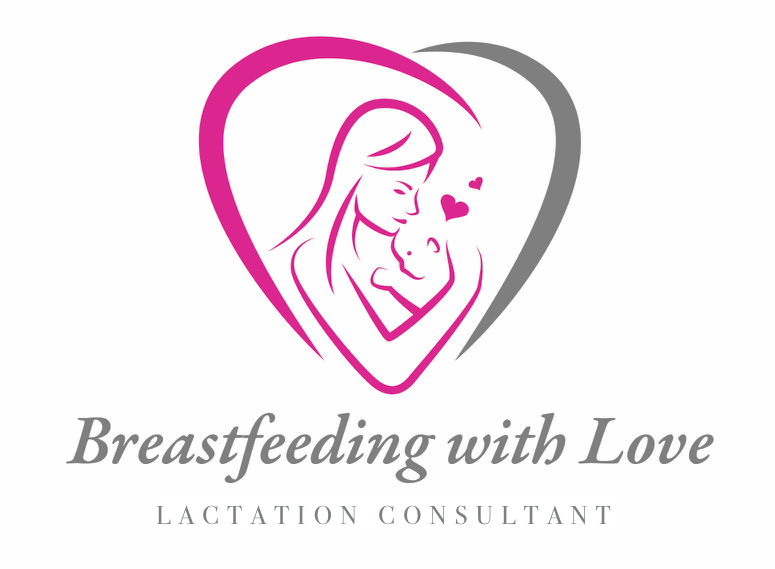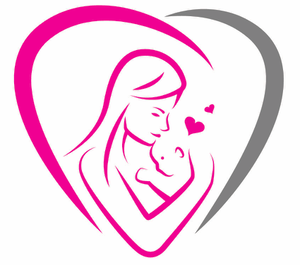Breastfeeding After Hyperemesis Gravidarum
Morning Sickness affects more than half of pregnant women in the world. In fact, morning sickness is the most common complaint in women who are pregnant. Women experience nausea and vomiting. However, some women experience severe nausea and vomiting called Hyperemesis gravidarum, Hyperemesis for short. Furthermore, Hyperemesis prevents women from getting an adequate intake of food, nutrients or fluids in their bodies.After Hyperemesis during pregnancy, can a woman breastfeed once her baby is born? What is Hyperemesis gravidarum? It is a severe form of nausea, vomiting, and weight loss during pregnancy. Vomiting can cause severe dehydration. You may not be able to keep food down. In fact, women throw up so much that they need intravenous line, IV fluids and extra nourishment. Unfortunately, at this time, the cause is unknown. The difference between regular morning sickness and Hyperemesis is the severity and intensity.Symptoms usually appear between 4-6 weeks of pregnancy and peak at 9-13 weeks. Most women find a little relief midway through their pregnancy at about 14-20 weeks. However, throughout the entire pregnancy, these women have to be under the watchful eyes of their doctors. Doctors know how to manage Hyperemesis and what drugs to use to make life a little better and more manageable for these women. Doctors aren't sure what causes Hyperemesis. It could be linked to hormonal changes or nutritional problems. Hyperemesis needs to be recognized and treated early. Otherwise the mom and baby can be at risk for health problems.One of my daughters has Hyperemesis. I had to fly to New York to help her when she got pregnant. She ended up in the hospital for a week, early on. She was put on medications to control her nausea and vomiting. It was a long and hard road to see her beautiful baby boy born. She now has two. She felt that the second pregnancy was better because she knew from the start what to do and how to treat her symptoms. I also flew in to help her breastfeed. She said, " Mom, this is the life, a private Lactation Consultant around the clock for four days." Even breastfeeding went better for her, the second time around. Many women stay on the medications after they give birth, to the ones that were prescribed before they give birth, until their hormones go back to normal.Ask your doctor if the medicines are safe while breastfeeding. Most of these drugs are fine while breastfeeding however, always consult your doctor first. Most doctors have the moms on Zophran, Phenegan or Pepsid. In conclusion, a mom can breastfeed after Hyperemesis. I know things got much better for my daughter once she gave birth. I wish all of you the best of luck managing your Hyperemesis. Hang in there and try to take it one day at a time.Many times my daughter wanted to give up and today she thanks me everyday for helping her pull through her pregnancies because she has two beautiful children, a boy and a girl.

